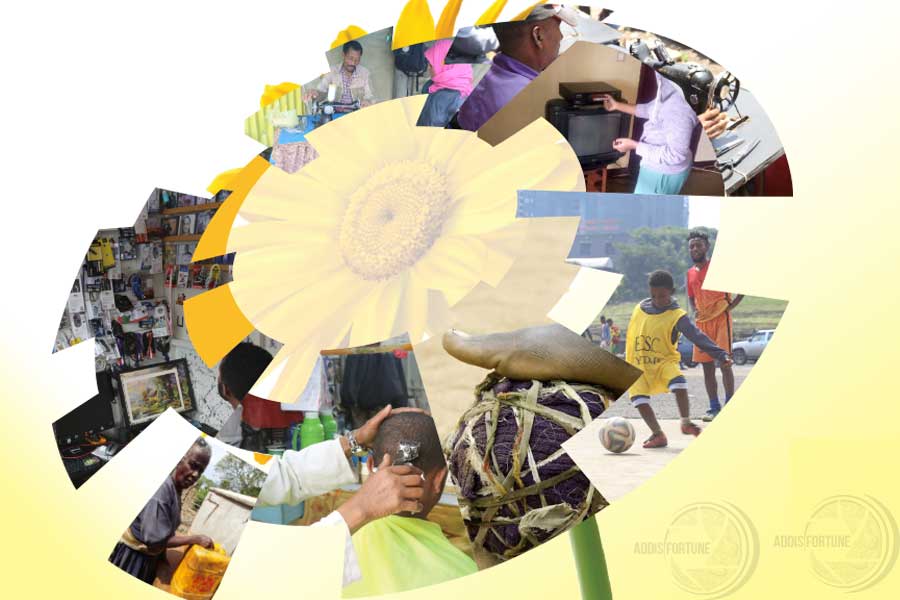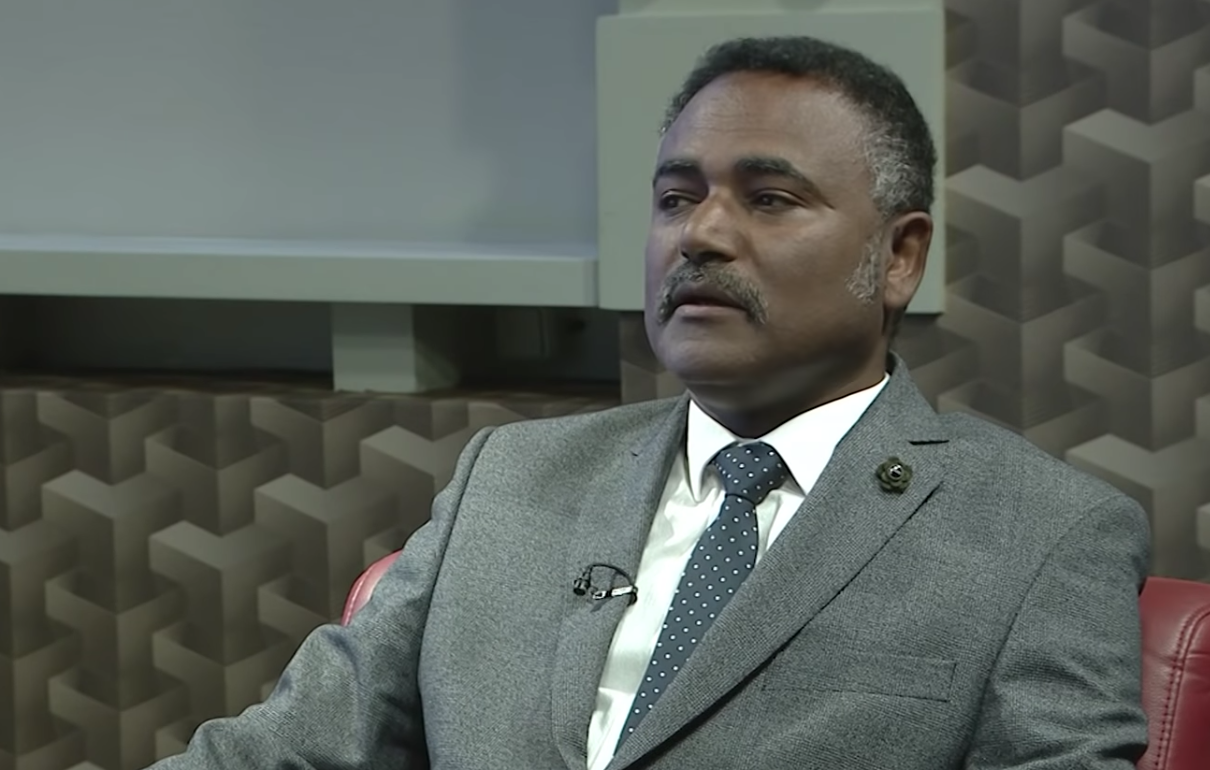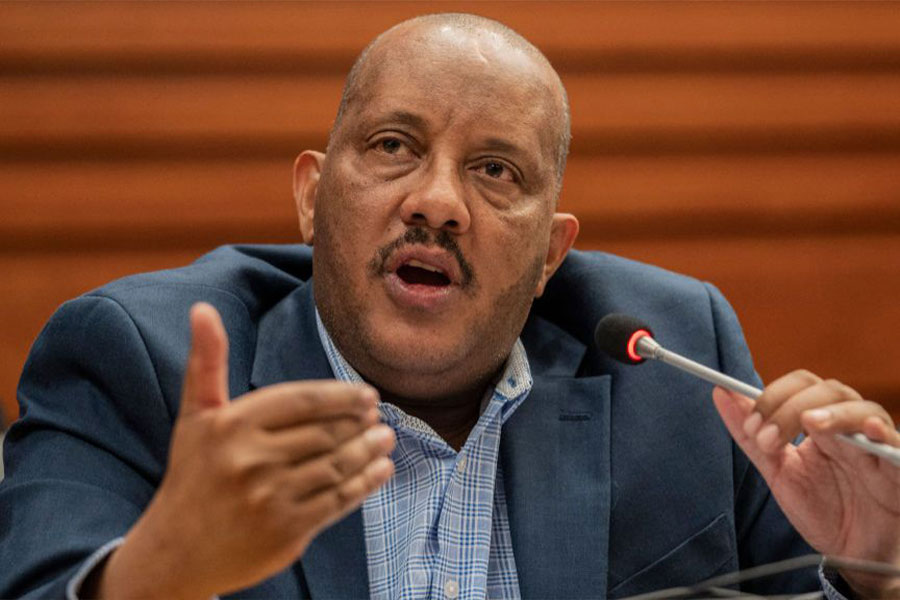
Viewpoints | Jan 04,2020
May 15 , 2021
By Brook Kebede
Throughout history, political campaigns have evolved around the advancing technologies available at the time. As technology develops, politicians can deploy them to disseminate their views. In Ethiopia, even though internet penetration and access to social media are in their infancy, they are fast becoming a tool for social movements. It is becoming popular among politicians and their organisations to broadcast political messages and build networks of support. For instance, in the past half a decade, African elections witnessed a massive rise in social media use during election campaigns by key political figures, parties and civil society organisations.
Social media provides significant benefits in a democratic election, allowing politicians to connect directly with the electorate. Unfortunately, it also can be used to threaten and undermine the integrity of the electoral process as activities are shifted from the regulated offline space to the less regulated online world. In this respect, the prospects and threats of social media in political communication across the globe cannot be overstressed.
The ultimate aim of a political campaign is to influence people’s perception and, consequently, voters' electoral decisions. In this regard, Facebook and Twitter could be used as an alternative to the mainstream media. This is a phenomenon peculiar to Ethiopian political experiences, which have been highly dependent on legacy media.
This has changed now. Social media, especially Facebook, may play a significant role in political mobilisation in the upcoming June elections. It will be used for active campaigning. For instance, politicians may utilise regular live streaming on Facebook as a way to interact with voters. The livestream may be used to keep voters informed about the policies and strategies of parties. This would especially be powerful for smaller, local politicians who need to address issues that might not be receiving mainstream news coverage. Social media may also be put to good use by regulatory bodies. The National Electoral Board of Ethiopia (NEBE) has been using it to communicate information to voters and political parties.
This has provided new ways to stimulate citizens’ engagement in political life, where elections and electoral campaigns have a central role. It provided the means of connecting politicians and their parties, bringing party activities close to the electorate.
Indeed with the official start of the political election campaign, the activities of the political parties, candidates and their supporters have intensified and the discussions have heated up in Ethiopia. The input of social media into this has been questionable. It has come to contribute very little in terms of parties’ and candidates’ profiles, programs and positions, all of which are necessary for voters to make informed decisions.
Posts and messages on policy positions and political objectives are dominated mainly by discussions on which candidate is pulling the bigger crowds, personal attacks and ridicule, and all kinds of rumours and allegations of misconduct, manipulation and interference.
The nature of the discourse is not doing any good to Ethiopia’s political woes. Combined with the threat of disinformation, it can thwart the basic constitutional principles upon which democracy could be built. Whereas disinformation produces general harm that preys on the credulity of its audience, electoral disinformation’s harm is potentially more severe with implications for democratic principles and electoral integrity. It harms the voter’s ability to make an informed vote and participate in political debates.
It is not just in Ethiopia. The impact of disinformation and hate speech on the development of democratic systems of government, on the electoral process, and on social harmony are becoming evident in both developed and developing countries. The difficulty in tracing the sources of information and the extraterritorial feature of the technology further allows the dissemination of political campaign by foreign or domestic sources in violation of election rules much more problematic.
It is commendable that there have been some attempts at safeguarding against the harms of social media. One important law, which unfortunately has been barely utilised, is the Political Parties Registration and Electoral Code of Conduct. It provides standards that should be followed by candidates and supporters, members, agents, and officials of political parties during the election campaign, voting, and after results are announced. It requires candidates and political parties to conduct campaigns peacefully, respect the rights of competitors, respect the secrecy of ballots and cooperate with election officials and observers, and recognise and accept elections as expressions of the free and legitimate decision of voters.
However, the emergence of social media-related electoral campaign has challenged the capacity of the legal regime to further its intended goals. Indeed, a hate speech law had been enacted in the past year but its enforcement against something that offers an unprecedented amount of privacy and anonymity has hardly been effective.
Helpful in this regard is perhaps improved oversight from social media companies themselves. Facebook has, for instance, announced plans to increase accountability over social issues, elections and political advertisements in Ethiopia. It has adopted measures to keep users safe against misinformation and prevent abuse of its platform by removing accounts created to mislead people. There will be strict enforcement of its Community Standards to guard against incidences of inciting violence, hate speech, and harassment. It also invites citizens to use its reporting tools to flag any incidences that violate Facebook.
This is laudable. But it also needs to be mixed with increased vigilance, patience and discipline from the side of the public to minimise incidences of unrest and violence as a result of things that are said or shown on social media.
PUBLISHED ON
May 15,2021 [ VOL
22 , NO
1098]


Viewpoints | Jan 04,2020

Fortune News | Sep 08,2019

Life Matters | Nov 04,2023

Editorial | Nov 13,2021

Life Matters | Nov 30,2024

Fortune News | Mar 12,2020

Verbatim | Apr 13, 2025

Editorial | Feb 01,2020

Covid-19 | Apr 25,2020

Editorial | Feb 17,2024

My Opinion | 131983 Views | Aug 14,2021

My Opinion | 128372 Views | Aug 21,2021

My Opinion | 126309 Views | Sep 10,2021

My Opinion | 123927 Views | Aug 07,2021

Dec 22 , 2024 . By TIZITA SHEWAFERAW
Charged with transforming colossal state-owned enterprises into modern and competitiv...

Aug 18 , 2024 . By AKSAH ITALO
Although predictable Yonas Zerihun's job in the ride-hailing service is not immune to...

Jul 28 , 2024 . By TIZITA SHEWAFERAW
Unhabitual, perhaps too many, Samuel Gebreyohannes, 38, used to occasionally enjoy a couple of beers at breakfast. However, he recently swit...

Jul 13 , 2024 . By AKSAH ITALO
Investors who rely on tractors, trucks, and field vehicles for commuting, transporting commodities, and f...

Jul 5 , 2025
Six years ago, Ethiopia was the darling of international liberal commentators. A year...

Jun 28 , 2025
Meseret Damtie, the assertive auditor general, has never been shy about naming names...

Jun 21 , 2025
A well-worn adage says, “Budget is not destiny, but it is direction.” Examining t...

Jun 14 , 2025
Yet again, the Horn of Africa is bracing for trouble. A region already frayed by wars...

Jul 6 , 2025 . By BEZAWIT HULUAGER
The federal legislature gave Prime Minister Abiy Ahmed (PhD) what he wanted: a 1.9 tr...

Jul 6 , 2025 . By YITBAREK GETACHEW
In a city rising skyward at breakneck speed, a reckoning has arrived. Authorities in...

Jul 6 , 2025 . By NAHOM AYELE
A landmark directive from the Ministry of Finance signals a paradigm shift in the cou...

Jul 6 , 2025 . By NAHOM AYELE
Awash Bank has announced plans to establish a dedicated investment banking subsidiary...